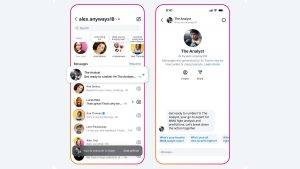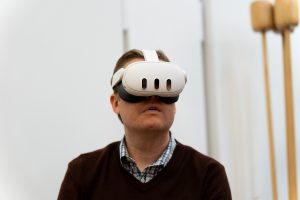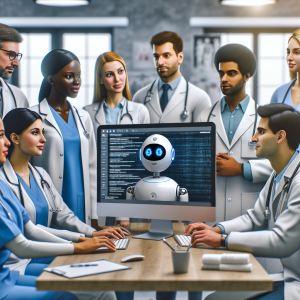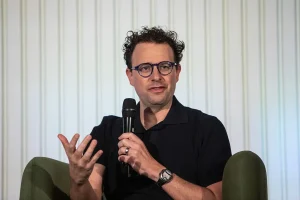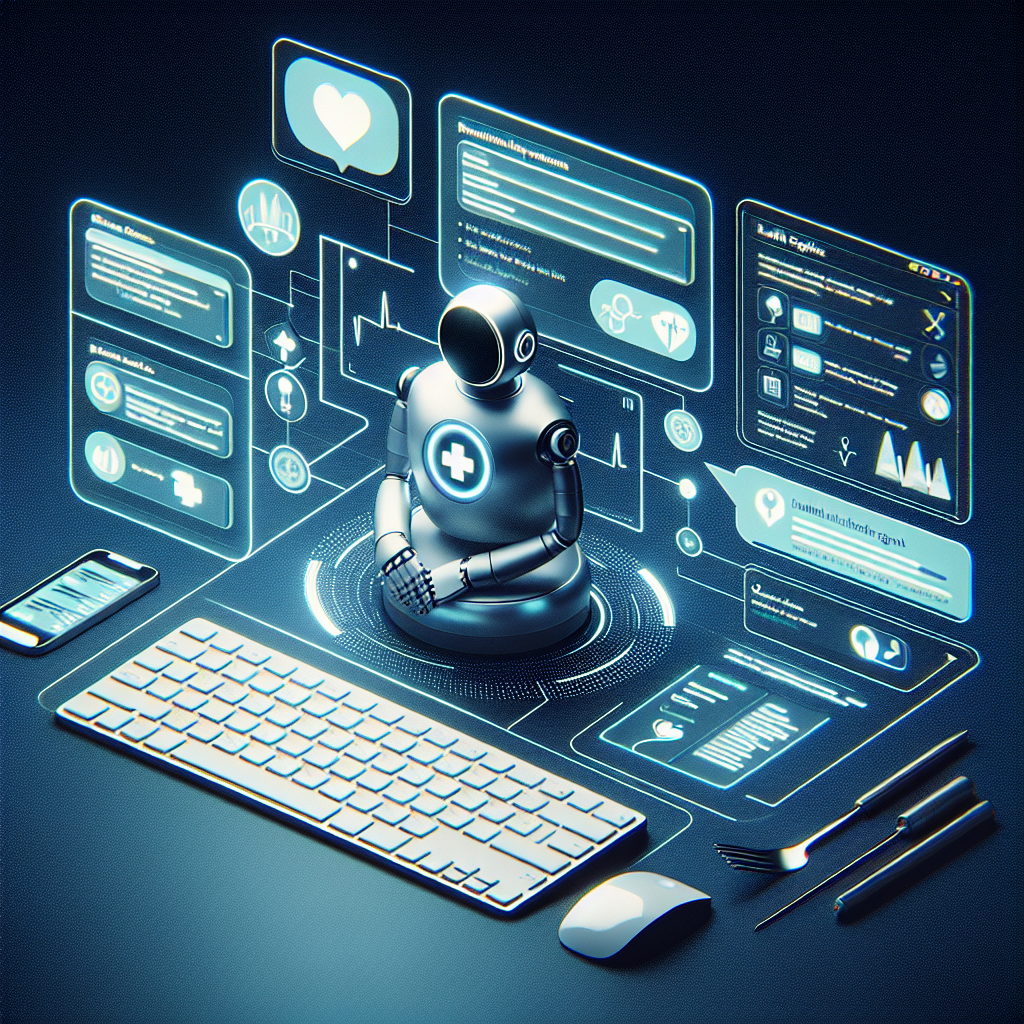
The advent of AI chatbots in the healthcare sector is poised to transform traditional medical practices by providing efficient and personalized patient care. With the capability to assist with diagnosis, patient management, and administrative tasks, AI chatbots for doctors are not just a futuristic concept but a current reality enhancing the way healthcare providers interact with their patients.
For those eager to embrace this technological evolution, the Learn AI Chatbot Course serves as a gateway to acquiring the necessary skills. Marketing professionals and agency owners in the healthcare niche will find this course particularly beneficial, as it equips them with the tools to build chatbots that can meet the specific needs of healthcare professionals and their patients.
AI chatbots seamlessly integrate into healthcare systems, allowing for round-the-clock patient support. They are programmed to understand and process natural language, making them capable of handling inquiries and providing information just like a human would. However, their real power lies in their ability to learn from interactions, constantly improving the quality of service delivered.
The Role of AI Chatbots in Doctor-Patient Communication
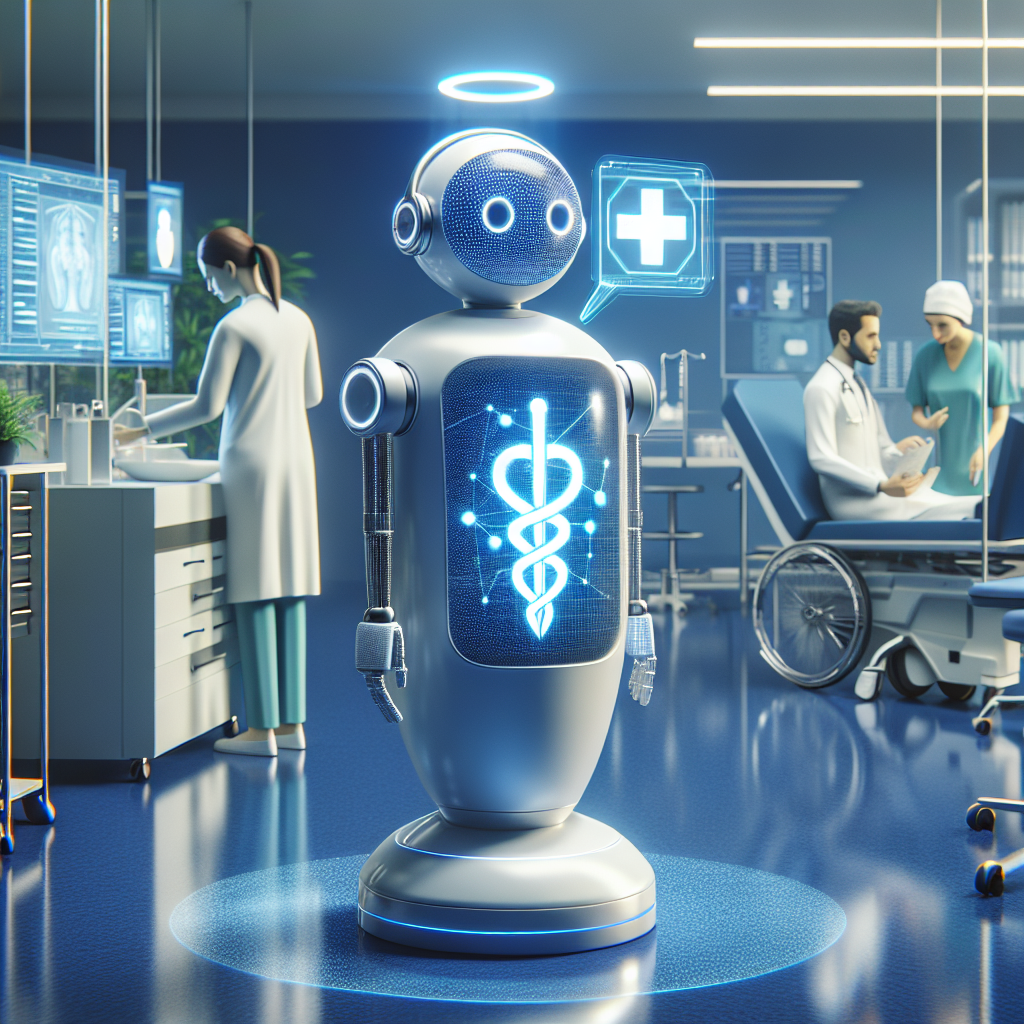
Effective communication between doctors and patients is critical in healthcare. AI chatbots are stepping in to bridge gaps by offering real-time communication solutions that are accessible and user-friendly. These advanced systems can answer patient queries, provide health information, and guide them through the pre-diagnosis process before they even set foot in a doctor's office.
By handling routine questions and patient intake forms, AI chatbots for doctors free up valuable time for medical professionals to focus on direct patient care. This improved workflow leads to more thorough patient engagement and can significantly enhance the quality of the healthcare experience.
The interactive nature of AI chatbots also encourages patients to be more forthcoming with information, which can be crucial for accurate diagnosis and treatment. Moreover, the anonymity provided by chatbots can make patients more comfortable when discussing sensitive health issues, leading to a more transparent and effective doctor-patient relationship.
Enhancing Diagnostic Accuracy with AI Chatbots
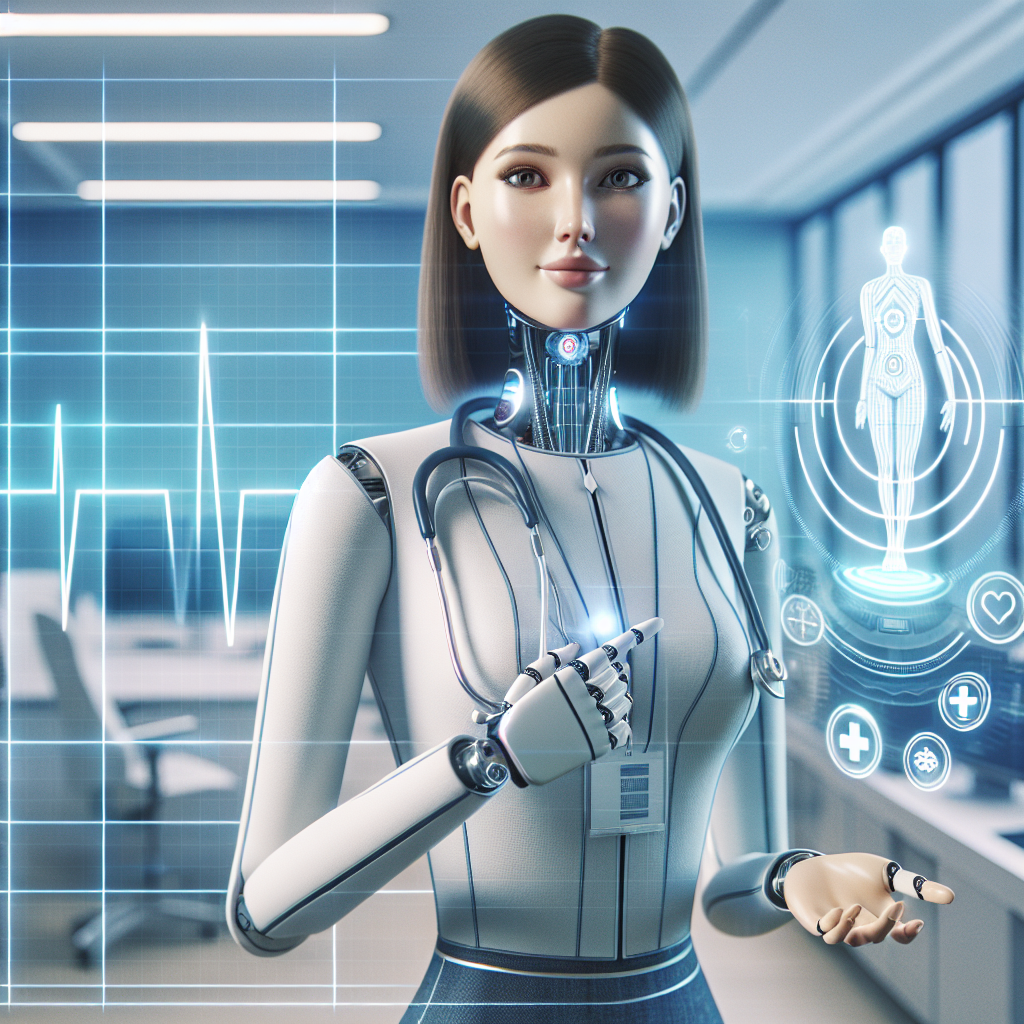
AI chatbots are not only revolutionizing communication in healthcare but are also becoming an invaluable tool for enhancing diagnostic accuracy. With the integration of machine learning and natural language processing, these chatbots can analyze patient-reported symptoms and health data to assist doctors in pinpointing potential conditions more swiftly and accurately.
Chatbots equipped with AI algorithms can cross-reference symptoms against a vast database of medical knowledge, identifying patterns that may be overlooked in a busy clinical setting. This aids in constructing a more precise list of differential diagnoses, which doctors can then review and use to guide further investigation or treatment.
Moreover, these intelligent systems can track and monitor patient symptoms over time, offering insights into the progression of a condition. This continuous data collection can provide healthcare professionals with a more comprehensive understanding of a patient's health, potentially leading to earlier detection of complex medical issues.
AI Chatbots as Virtual Assistants for Medical Practitioners
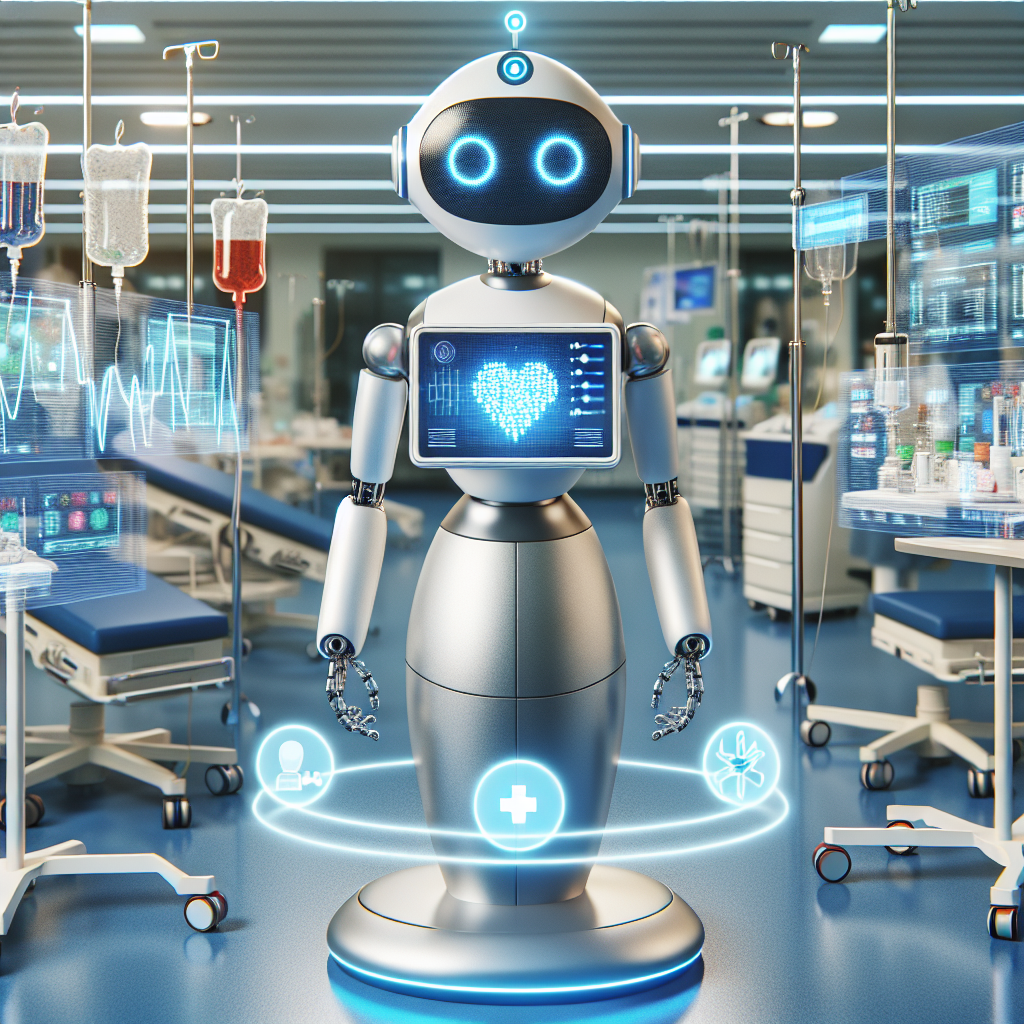
In today's fast-paced medical environments, AI chatbots serve as virtual assistants to medical practitioners, offering a variety of tools to streamline their daily routines. These virtual assistants can manage administrative tasks such as scheduling appointments, sending reminders to patients, and organizing patient records, thereby saving valuable time for healthcare professionals.
By handling routine inquiries and patient interactions, chatbots free up medical staff to focus on more critical aspects of patient care. They can also provide instant access to medical records and literature, enabling doctors to make informed decisions without delay. For instance, a chatbot might quickly retrieve a patient's allergy information when a doctor is considering a new medication, ensuring safer prescribing practices.
Furthermore, these AI-driven assistants can facilitate seamless communication between different healthcare departments, improving coordination and efficiency. Their ability to work around the clock ensures that patient engagement and support are available at all hours, which is particularly beneficial in urgent care scenarios.
Ensuring Patient Privacy and Data Security with AI Chatbots
When incorporating AI chatbots in healthcare, patient privacy and data security are paramount. As stewards of sensitive medical information, chatbots must be designed with robust security measures to comply with healthcare regulations such as HIPAA (Health Insurance Portability and Accountability Act) in the United States.
Developers of AI chatbots for doctors prioritize end-to-end encryption, ensuring that all communications between the chatbot and the users remain confidential. Additionally, they implement strict access controls and authentication protocols to prevent unauthorized access to patient data.
Regular security audits and updates are essential to protect against evolving cyber threats. AI chatbots are also programmed to recognize and respond to privacy concerns by providing patients with clear information on how their data is being used and obtaining consent where necessary.
The integration of AI chatbots in the healthcare system introduces a proactive approach to maintaining patient trust while delivering advanced medical services securely and efficiently.
The Future of AI Chatbots in Healthcare Innovation
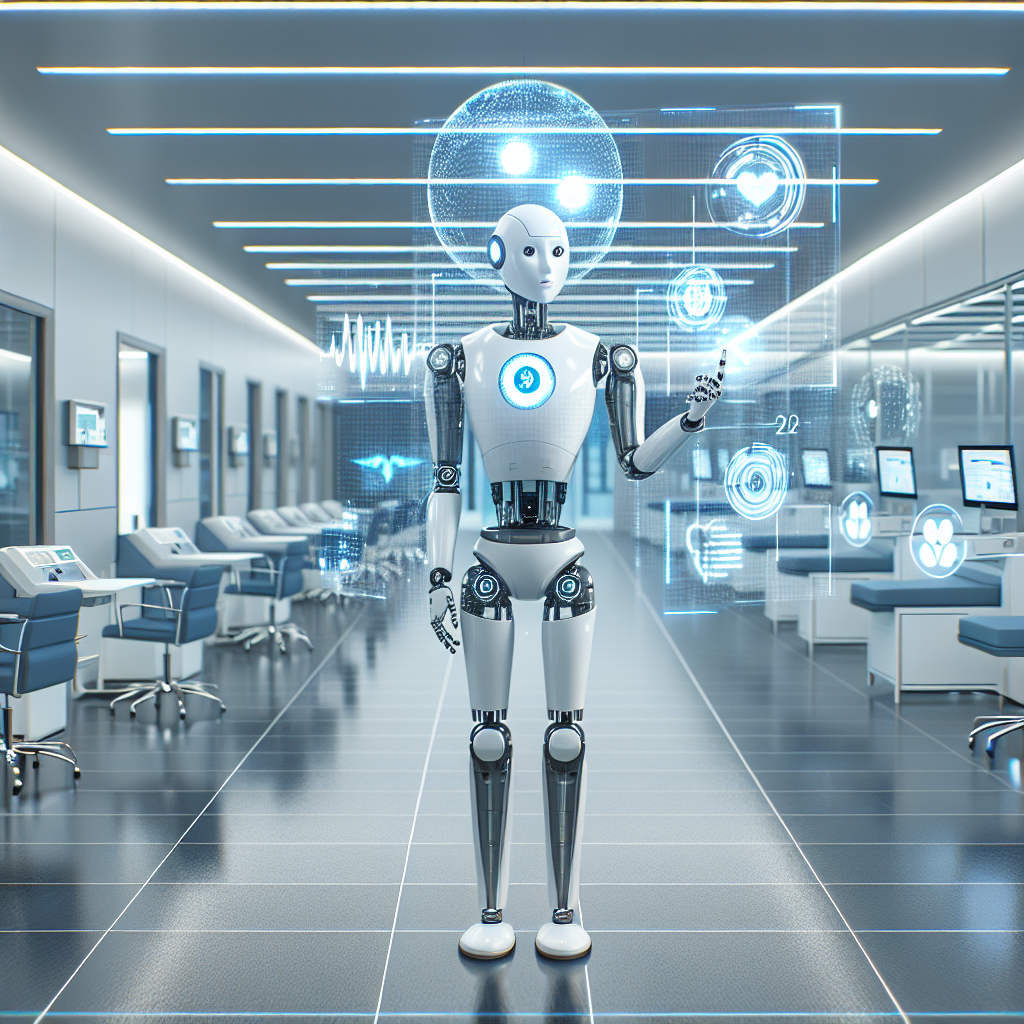
As we look to the future, AI chatbots are positioned to become an integral part of healthcare innovation. Beyond streamlining administrative tasks and facilitating patient engagement, these intelligent systems are poised to take on more complex roles in diagnostic processes, treatment plan development, and personalized patient education.
With advancements in machine learning and natural language processing, AI chatbots will be able to provide real-time assistance to doctors by sifting through vast amounts of medical research, suggesting potential diagnoses, and even predicting patient outcomes. This level of support is invaluable, significantly reducing the time healthcare professionals spend on information gathering and analysis.
Investment in AI research and development continues to grow, with the potential for chatbots to integrate with wearable technology and Internet of Medical Things (IoMT) devices, further enhancing patient care and monitoring.
The transformative power of AI chatbots holds the promise of more accessible healthcare, reduced costs, and improved health outcomes, marking a significant leap forward in the way we approach medicine and patient care.
If you're intrigued by the potential of AI chatbots in healthcare and want to be a part of this innovative field, our Learn AI Chatbot Course is the perfect starting point. Enroll now and start building powerful AI chatbots that can make a real difference in the world of healthcare.


